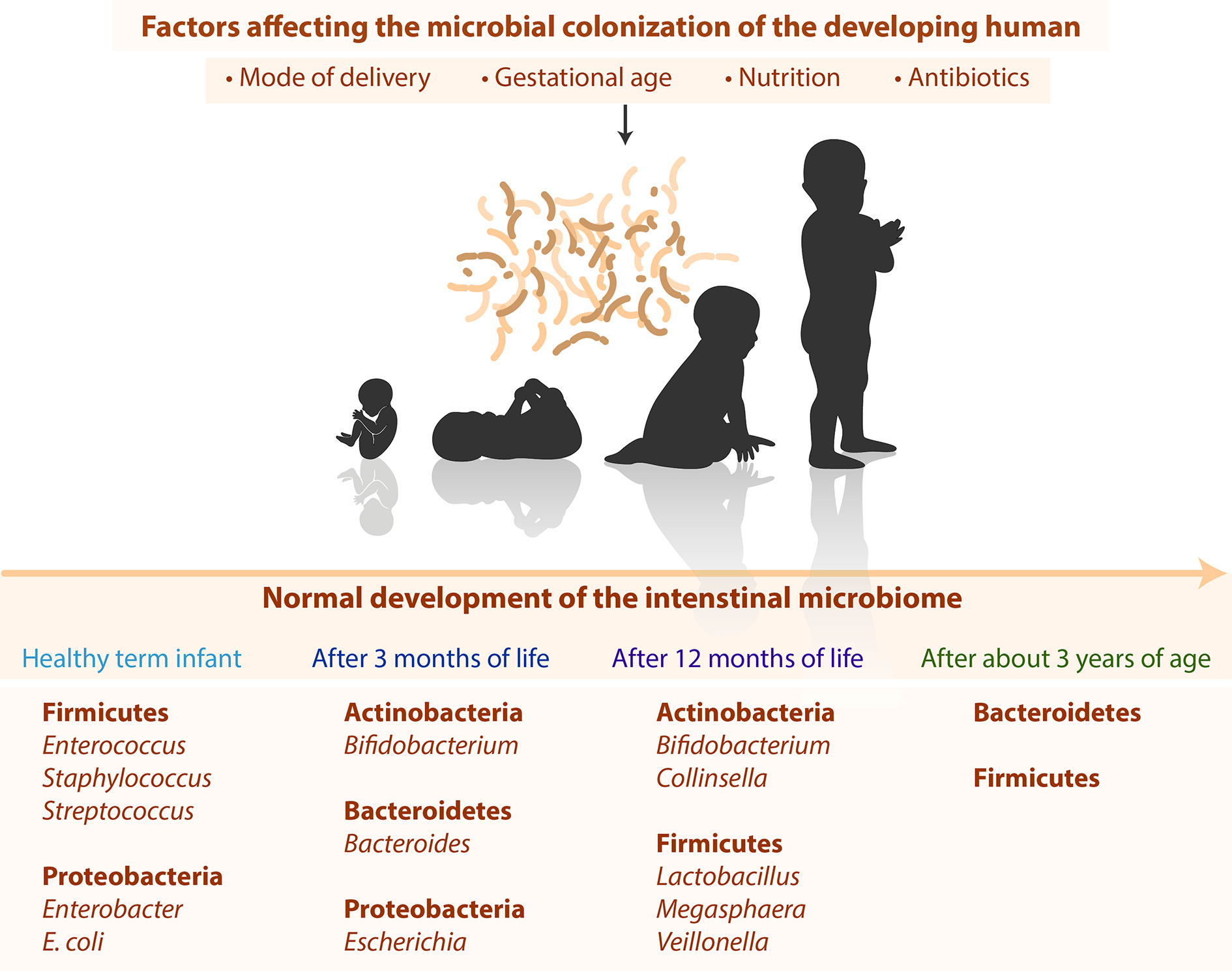Report on Male Social Connectivity and its Alignment with Sustainable Development Goals
1.0 Executive Summary
This report analyzes the issue of diminished social connections among men, as highlighted in a news segment dated July 31, 2025. The findings indicate a significant deficit in close friendships for a large portion of the male population. This social phenomenon has direct and substantial implications for several United Nations Sustainable Development Goals (SDGs), particularly SDG 3 (Good Health and Well-being), SDG 5 (Gender Equality), and SDG 11 (Sustainable Cities and Communities). The report contextualizes the statistical data within the SDG framework, underscoring the need for initiatives that foster meaningful male friendships as a strategy for advancing global development targets.
2.0 Key Findings on Male Social Isolation
A recent study presented by NBC News reveals critical data points concerning the state of male friendships:
- Limited Social Circles: Only 27% of men surveyed report having six or more close friends, indicating that a majority operate with smaller support networks.
- Complete Social Isolation: A significant 15% of men report having no close friends, placing them at high risk for the adverse effects of loneliness.
- Proactive Efforts: The report also notes the emergence of proactive efforts among men to consciously build and maintain meaningful friendships, signaling an awareness of this deficit.
3.0 Analysis of Alignment with Sustainable Development Goals (SDGs)
The challenge of male loneliness is not merely a personal issue but a developmental one that intersects with several SDGs. Addressing this social deficit is crucial for holistic and sustainable progress.
-
SDG 3: Good Health and Well-being
This goal aims to ensure healthy lives and promote well-being for all at all ages. The lack of strong social ties is a recognized determinant of poor health outcomes.
- Mental Health (Target 3.4): Social isolation is a primary risk factor for depression, anxiety, and other mental health conditions. Fostering friendships provides essential emotional support systems, directly contributing to mental well-being.
- Physical Health: Chronic loneliness has been linked to increased risks of cardiovascular disease, compromised immune function, and higher mortality rates. Strengthening social bonds is a preventative health measure.
-
SDG 5: Gender Equality
This goal seeks to achieve gender equality and empower all women and girls. Addressing male social isolation is intrinsically linked to deconstructing harmful gender stereotypes that affect all genders.
- Challenging Masculine Norms (Target 5.1): Traditional concepts of masculinity often discourage emotional vulnerability and the formation of deep, platonic bonds between men. Initiatives that encourage men to build supportive friendships challenge these restrictive norms, promoting healthier models of masculinity.
- Reducing Harmful Behaviors: Socially connected individuals are less likely to engage in harmful behaviors, contributing to safer environments for all members of society.
-
SDG 11: Sustainable Cities and Communities
This goal focuses on making human settlements inclusive, safe, resilient, and sustainable. The strength of a community is built upon the quality of the relationships within it.
- Building Social Cohesion (Target 11.7): Communities are more than just infrastructure; they are networks of people. When individuals, including men, have strong social support systems, the overall social fabric is strengthened, leading to more resilient and inclusive communities.
- Enhancing Community Engagement: Men who are socially integrated are more likely to participate in community life, contributing to local development and collective well-being.
4.0 Conclusion and Strategic Implications
The data on male friendship deficits presents a clear challenge that also offers an opportunity to advance key sustainable development objectives. Efforts to help men build meaningful connections should be recognized as a vital component of public health, gender equality, and community-building strategies. Supporting such initiatives can yield comprehensive benefits, fostering healthier individuals, challenging restrictive gender roles, and creating stronger, more sustainable communities for all.
Analysis of Sustainable Development Goals (SDGs) in the Article
1. Which SDGs are addressed or connected to the issues highlighted in the article?
Based on the article’s content, the following SDGs are relevant:
-
SDG 3: Good Health and Well-being
- Explanation: This is the most directly relevant SDG. The article focuses on the issue of loneliness and social isolation among men (“One study shows just 27 percent of men have at least six close friends. 15 percent of men report having none.”). These are significant factors affecting mental health and overall well-being, which is the core focus of SDG 3. The report on “men putting in the effort to create meaningful friendships” is a direct effort to promote mental well-being.
-
SDG 5: Gender Equality
- Explanation: While often focused on women and girls, SDG 5 also encompasses the challenge of addressing harmful gender stereotypes and roles for all genders. The article’s specific focus on men’s friendships and isolation touches upon societal expectations that may discourage men from forming and maintaining close, emotionally supportive relationships, which is a gender-related issue affecting their well-being.
2. What specific targets under those SDGs can be identified based on the article’s content?
The following specific targets can be identified:
-
Target 3.4: By 2030, reduce by one third premature mortality from non-communicable diseases through prevention and treatment and promote mental health and well-being.
- Explanation: The article’s central theme is the promotion of mental health and well-being for men. By highlighting the problem of loneliness and showcasing efforts to build “meaningful friendships,” the article directly addresses the “promote mental health and well-being” component of this target. Combating social isolation is a key strategy in preventing mental health disorders.
3. Are there any indicators mentioned or implied in the article that can be used to measure progress towards the identified targets?
Yes, the article provides specific statistics that can be used as indicators to measure the state of social connection and mental well-being.
-
Indicator: Percentage of men with a certain number of close friends.
- Source: The article explicitly states, “One study shows just 27 percent of men have at least six close friends.” This quantifiable data point serves as a direct indicator of social connection.
-
Indicator: Percentage of men reporting no close friends.
- Source: The article mentions that “15 percent of men report having none.” This is a critical indicator for measuring the prevalence of severe social isolation.
-
Implied Indicator: Participation in social connection initiatives.
- Source: The mention of “men putting in the effort to create meaningful friendships” implies the existence of groups or programs. The number of men participating in such initiatives could be an indicator of proactive efforts to improve well-being.
4. Summary Table of SDGs, Targets, and Indicators
| SDGs | Targets | Indicators |
|---|---|---|
| SDG 3: Good Health and Well-being | Target 3.4: …promote mental health and well-being. |
|
| SDG 5: Gender Equality | Relates to the broader goal of addressing harmful gender stereotypes that impact well-being. (No specific target directly mentioned). | Not directly mentioned in the article. |
Source: nbcnews.com







